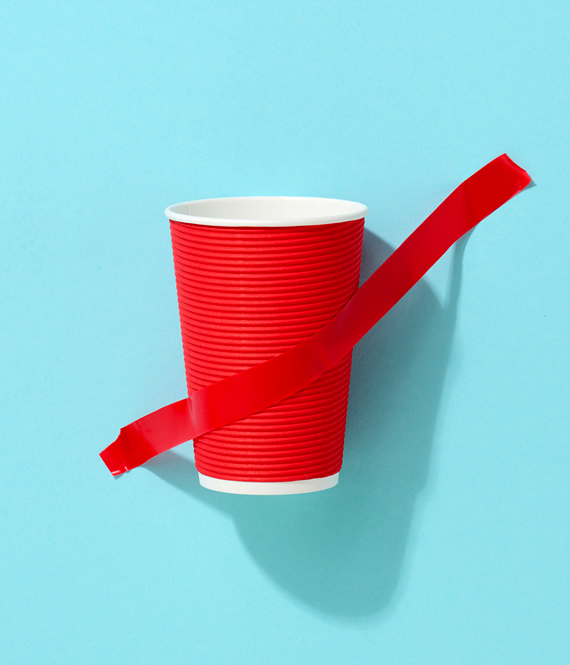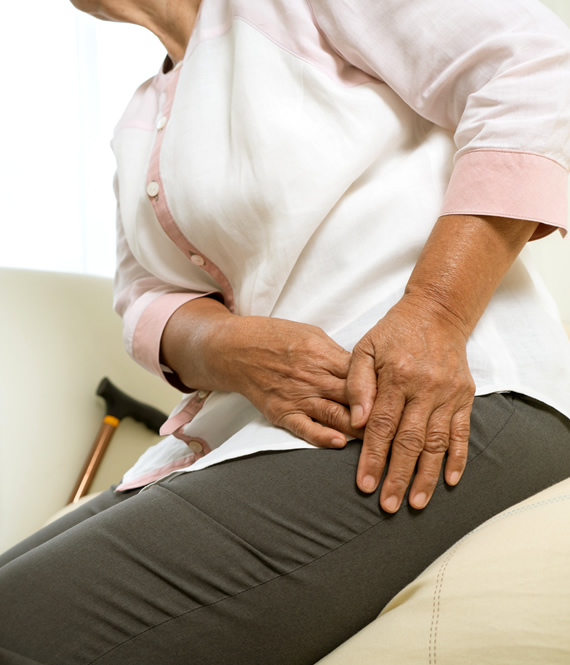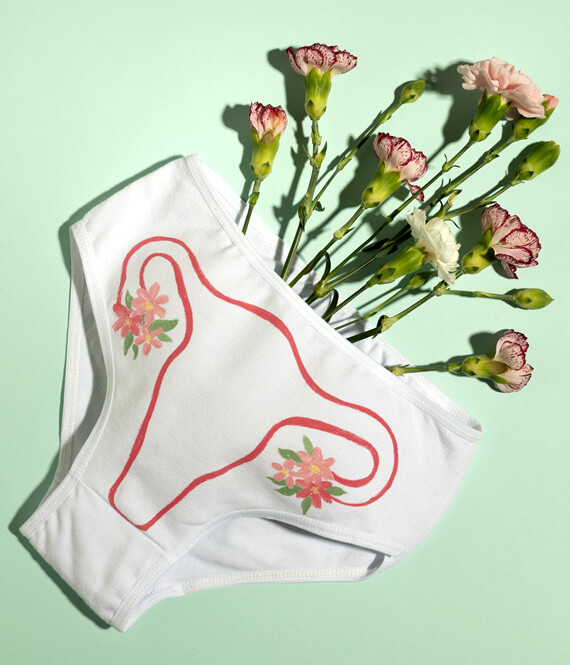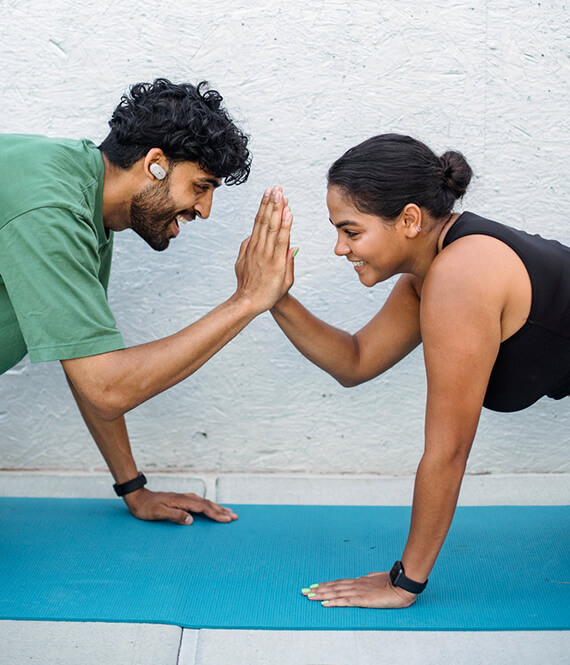
How To Start Working Out Again (To Recover After Injury Or Illness)
We recommend helpful products in our articles. Read our full disclosure here. The content on this website is not intended to be a substitute for professional advice, diagnosis, or treatment.

Getting into a fitness routine is always going to be difficult. Even more difficult is getting back into that routine after taking time out for injury or illness.
Anyone who’s been sick or injured will know how devastating it can be for your body.
The injury can destroy the momentum you had and will break your habit of working out.
Not only that, when you’re inactive, your muscles immediately begin to atrophy.
Any gains you’ve made from exercise can disappear leaving you right back where you started…
If you ever had to wear a cast, you’ve probably noticed this.
When the cast comes off, you can see straight away that one limb looks smaller than the other.
Things like your age, gender, length of time you were injured or sick, your level of fitness and type of injury will all play a significant role in how long it takes you to get well again.
This is why people with all sorts of injuries are desperately looking for ideas on how to start working out again and start their road of recovery ASAP (I was one of those people with my chronic lower back problems).
That all being said… I want to cheer you up a little because it’s not impossible to get back to where you were. Moving your body is nature’s medicine and all you need to know is HOW to start working out again, so you don’t injure yourself more.
To get you started on the road to recovery, here are the steps you should follow.
How To Start Working Out Again (To Recover After Injury Or Illness)
1) See a doctor or work with a physical therapist
Before starting exercise again, it’s a good idea to consult with your doctor or physical therapist.
They can help you to decide on how to start working out again without reinjuring yourself.
Even more – a therapist can help you figure out if you’re truly ready to get started again and how hard you can push yourself.
If needed, a physical therapist can also create a step by step recovery program tailored for your specific needs.
2) Take it slow
No matter how good you feel or how much you’ve recovered, it’s critical that you take things slowly. Be patient! Give your body all the time it needs and realize that it takes a while for your muscles, nerves, and brain to heal and start communicating again.
3) Begin by walking or doing seated exercises
Walking is the easiest type of activity to start with when getting back into shape.
Swimming or just moving around the pool can also be a great way to work out. Another way to keep your muscles engaged is with very gentle yoga and stretching.
Once you’ve recovered some more, you can add cardio activities like cycling, hiking, rowing or even spinning.
All of these are light impact and ok for your body while healing. Just remember – if you have experienced serious trauma, make sure to consult with a specialist before upping up your activity levels.
When recovering from illness, surgery or a lower leg injury you can also do seated exercises.
These can include bicep curls, seated military presses, dumbbell presses and triceps presses.
Take it slow and focus on muscles and areas of your body which haven’t been injured.
4) Only do 25% of what you previously did
How to start working out again safely if you can’t consult a specialist?
Well, a general guideline is to start with about a quarter of what you’d usually do.
So if you used to walk 4 miles every day, start by walking 1 or even less.
From this point, you can increase by about 25% per week until you’re back to where you were initially.
Remember to listen to your body and accept that you’re not going to be able to start where you left off.
Starting at 25% also gives you a goal to work towards and you can always decrease the limit if you feel like it’s too much.
5) Focus on your nutrition and hydration
Good nutrition & anti-inflammation diet will go a long way towards helping you recover faster.
The better you eat, the faster you’ll heal because your body will have plenty of nutrients for all the healing processes.
Also, make sure to drink plenty of water (even when you’re healthy!) to keep your system moist and happy.
– – –
Ultimately, you want to get back to normal routines as soon as possible. That way, you can enjoy all the benefits of working out and living your life once again.
The longer you wait, the more you’ll lose what you gained, and procrastination only makes things worse psychologically.
And after it all, try to accept that it can take a while to get back to where you were.
Focus on going forward, practice gratitude, move on a slow yet steady pace and don’t be in a rush.
Your body is your best guide – listen to it and work with it, not against it.
A little bit of self-love makes everything a lot easier.
Good luck!
TL DR: How to start working out again after an injury?
Consult a doctor if you can, take things slowly, be patient and focus on good nutrition as well.
P.S.
Scroll down for more health improvement tips!
"We love to research problems, examine studies, analyze solutions, and share with you ideas that make life healthier. You can learn about us and our editorial standards here. Have suggestions or feedback to share? Send us a message!."













Leave a Comment